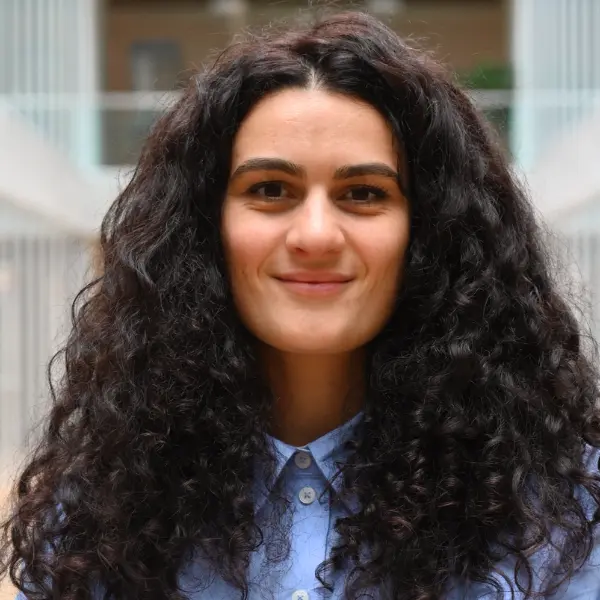Install this application on your home screen for quick and easy access when you’re on the go.
Just tap then “Add to Home Screen”
The Joni Lovenduski PhD Prize in Gender and Politics is awarded biennially for an outstanding PhD dissertation in the field of gender and politics, including gender and/or sexuality studies perspectives in political science, international relations, political philosophy, public policy and public administration. The prize is awarded by the ECPR and the ECPR's Standing Group on Gender and Politics and endowed with £900.
The 2025 Joni Lovenduski Prize nominations are closed.
 Joni Lovenduski
Joni LovenduskiJoni has been a visiting scholar at universities across Europe and the United States. She has won the Isaiah Berlin Prize of the UK PSA, and is a Fellow of the British Academy. A former vice chair of the ECPR’s Executive Committee, Joni Lovenduski has provided advice on enhancing the role of women in decision-making to the European Commission and the Council of Europe, and founded what is now the ECPR Standing Group on Gender and Politics. In 2009, she was the co-recipient, with Joyce Outshoorn, of that Group's Career Achivement Award. Her research has also reached beyond the academy, influencing the recruitment strategies of political parties and highlighting the role of, and challenges facing, women in politics.
Joni has become one of the leading figureheads of gender and politics study in Europe and is a source of inspiration, advice and support to many younger female scholars.
The 2025 Joni Lovenduski Prize nominations are closed.
To nominate, please email a formal nomination letter from the Official Representative or Head of Department of the member institution at which the PhD dissertation was examined, to prizes@ecpr.eu.
Nominations must include, as three separate PDF files:
Please note that, although the expanded abstract and table of contents should be written in English, the original PhD does not have to be in English.
The deadline for nominations is Friday 6 December 2024.
The PhD dissertation must have been examined and deemed to have passed in the two years preceding the award. However, the PhD need not have been officially conferred during this period. For the 2025 prize, all PhD dissertations that have been successfully conferred between 1 October 2022 and 30 September 2024 could be nominated.
Thesis-based dissertations
If the thesis was funded and accomplished within the framework of a collective research project, the submission should state in an explicit and precise way the original contribution of the candidate in terms of methodological framework (data collection, data analysis), theoretical framework and empirics.
Article-based dissertations
These may be submitted under the following conditions:
The nomination materials will be used to select a shortlist of PhD dissertations (usually five candidates). The authors of the shortlisted dissertations will then be asked to provide an electronic copy of their complete dissertations.
The jury comprises of six individuals: a member of the ECPR Executive Committee as non-voting Chair, a representative of the Steering Committee of the Standing Group on Gender and Politics, two members of the same group, a previous winner of this prize, and an external member.
The jury for the 2025 prize:
The jury evaluates the nominations against the following criteria:
Following the first round of evaluations, the shortlist of nominations are reconsidered against the criteria to decide a winner. The jury notifies ECPR of their chosen winner, with an outline of the process that they have taken to reach the decision. ECPR then notifies the winner and arranges the announcement.
Questions? Email prizes@ecpr.eu

PhD, Université de Lausanne.
The 2023 Prize has been awarded jointly to Leandra Bias of the University of Bern and Cecilia Josefsson of Uppsala University, for their two outstanding theses.

PhD, University of Oxford.


The 2019 Prize has for the first time been awarded jointly, to Cherry Miller, University of Tampere and Orlanda (Orly) Siow, University College London. Much in the spirit of Joni Lovenduski's pioneering research on the representation of women in politics and public life, our prize committee found these two dissertations exceptional and worthy of the 2019 prize.

PhD, University of Birmingham.

PhD, University College London.

PhD, SOAS, University of London.

PhD, University of Amsterdam.

PhD, University of Edinburgh.